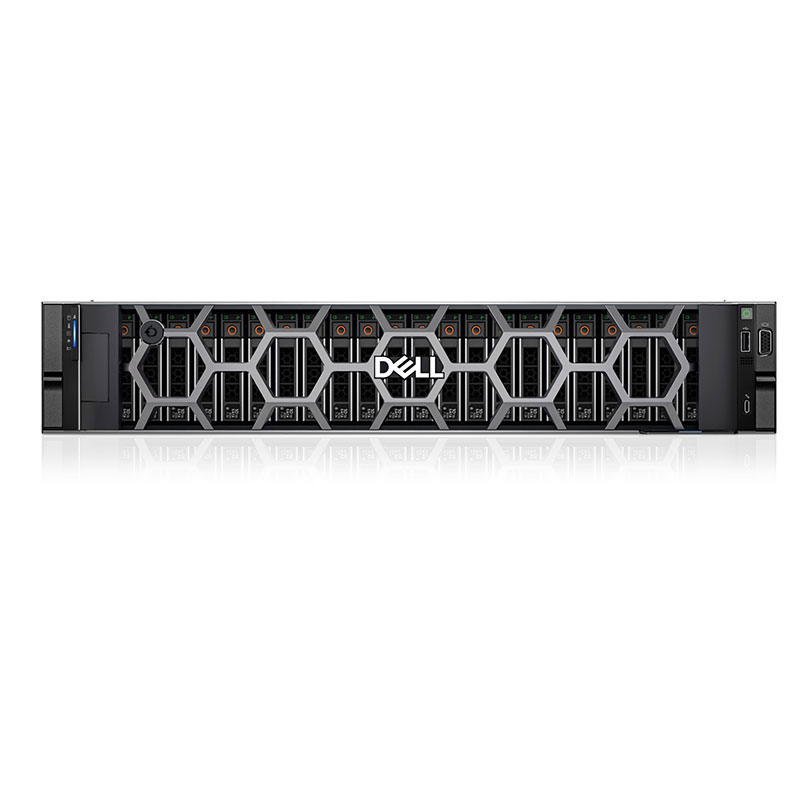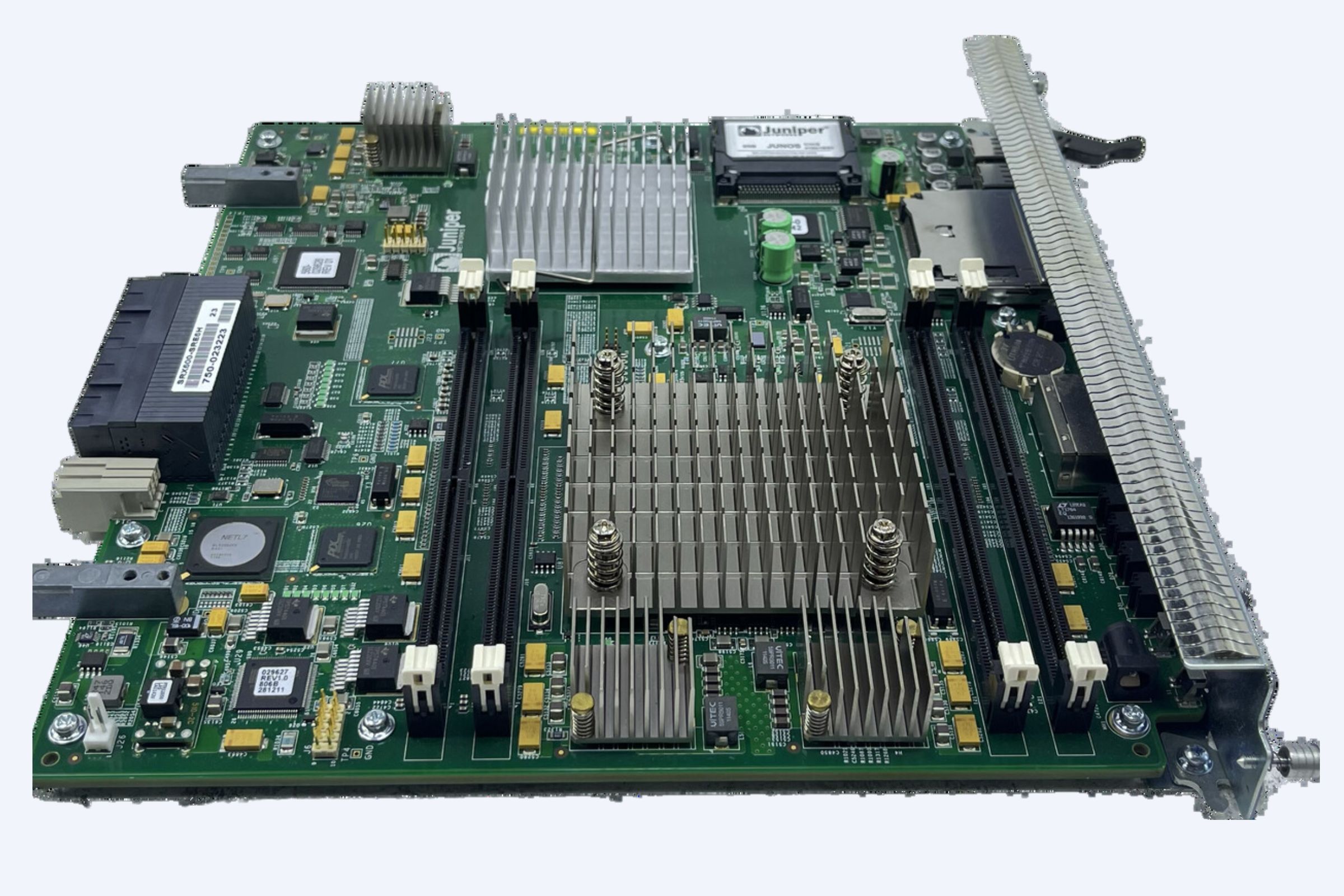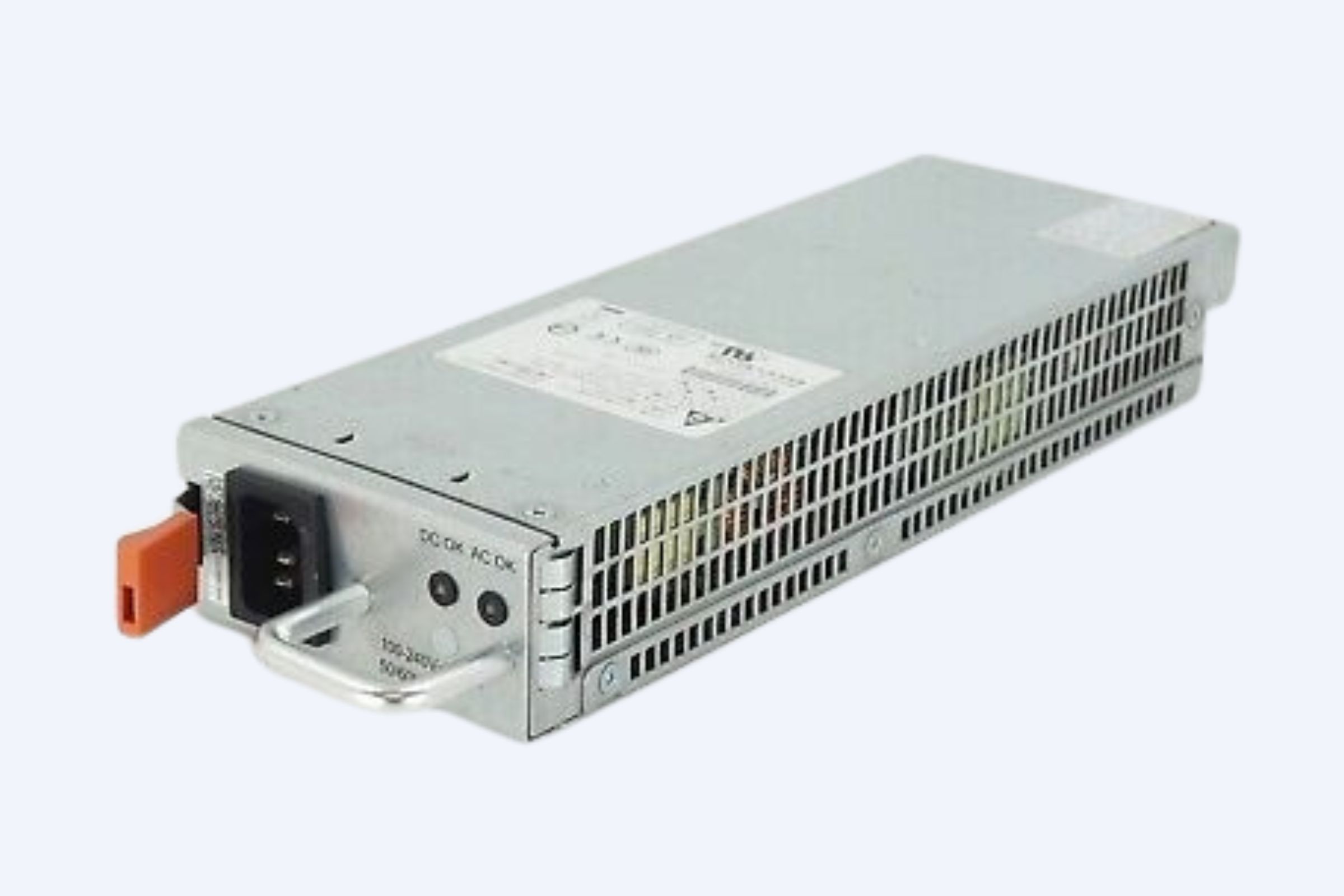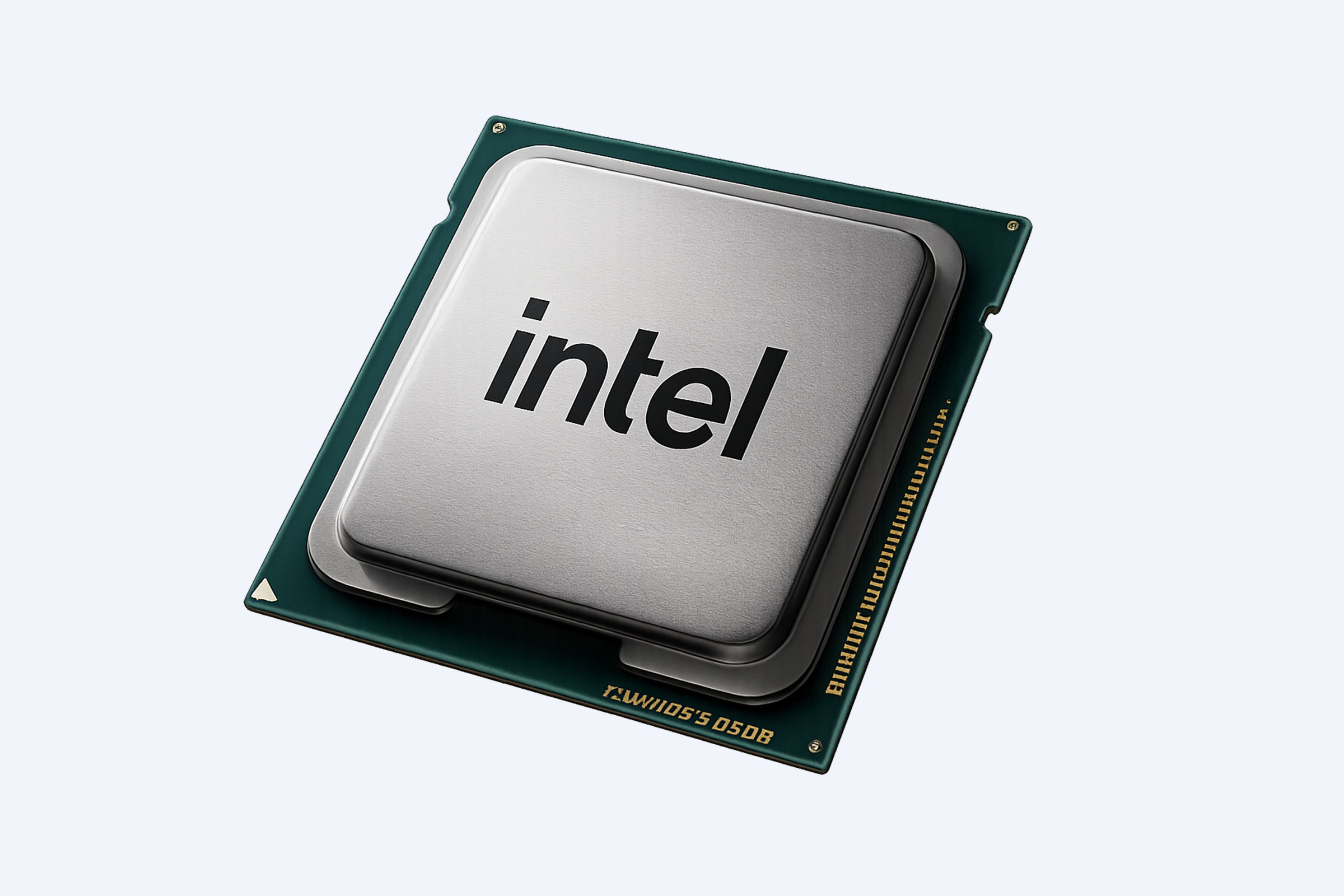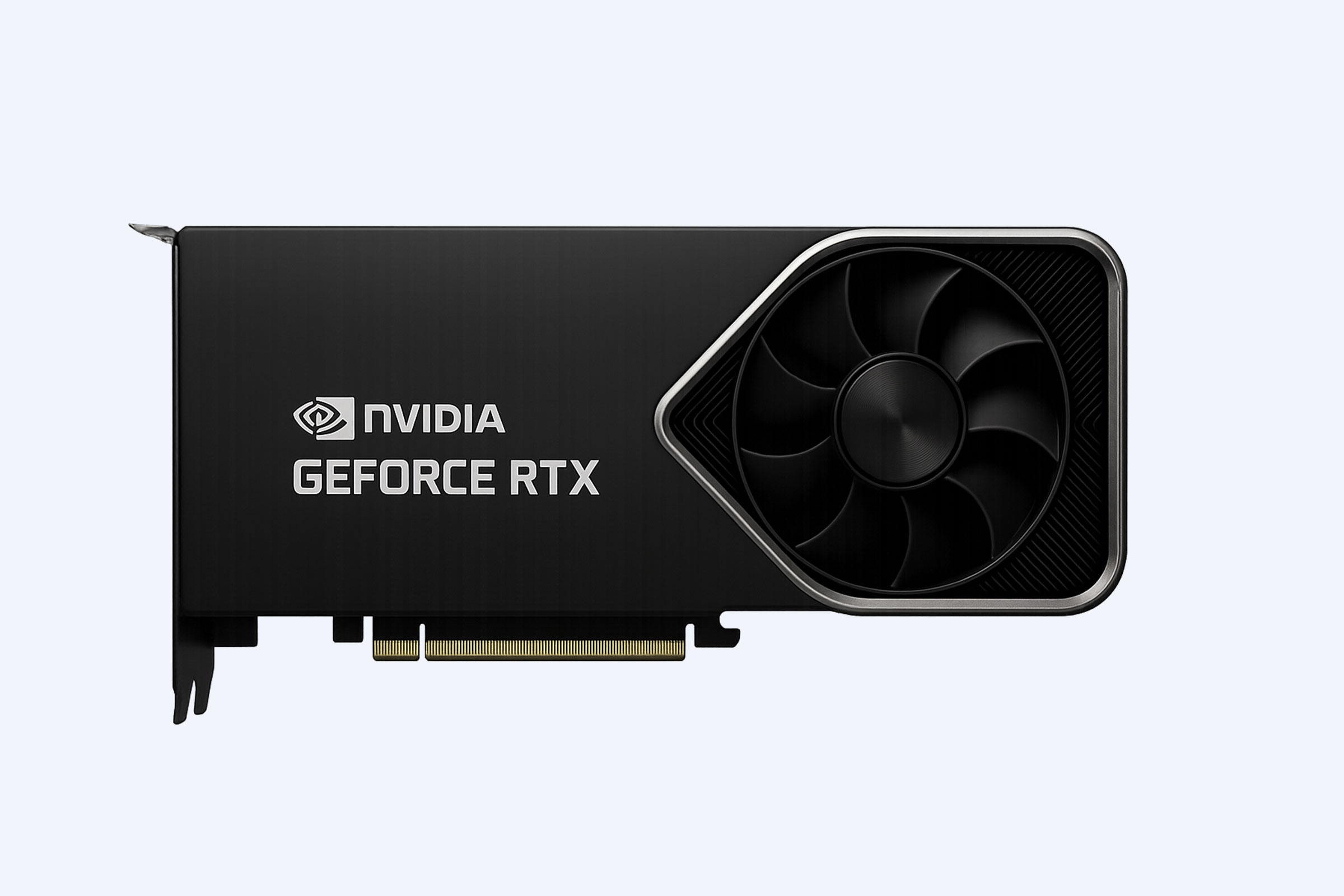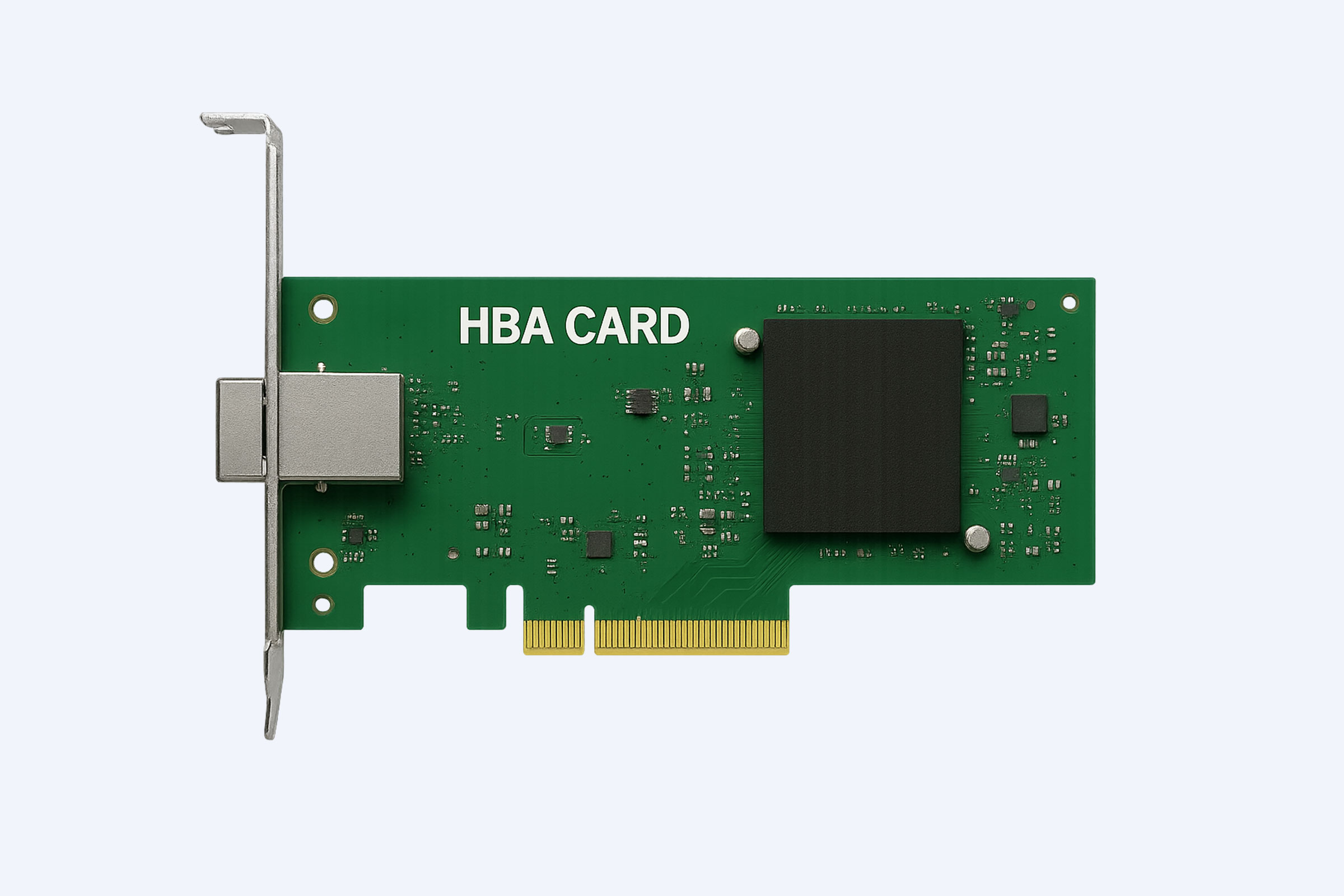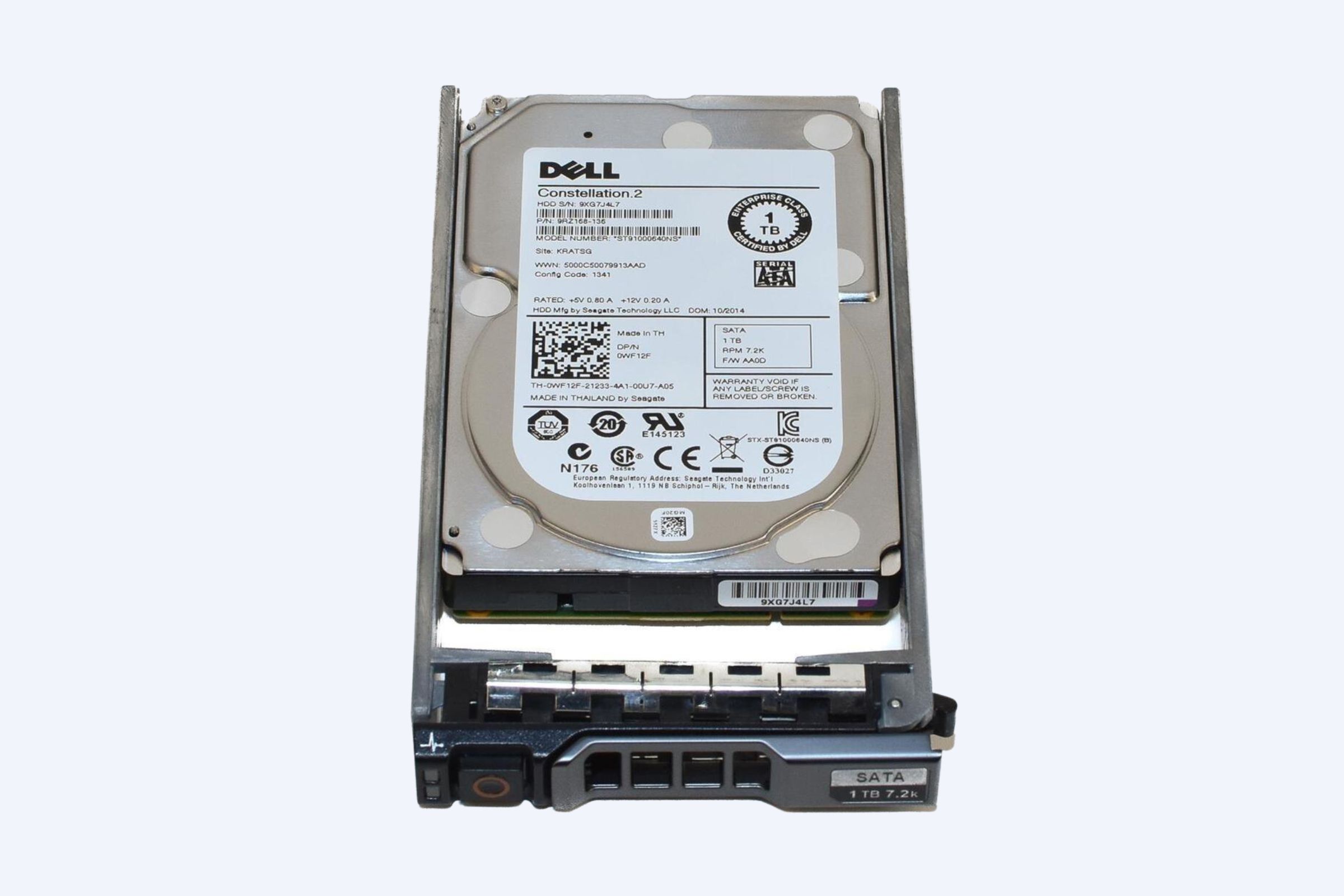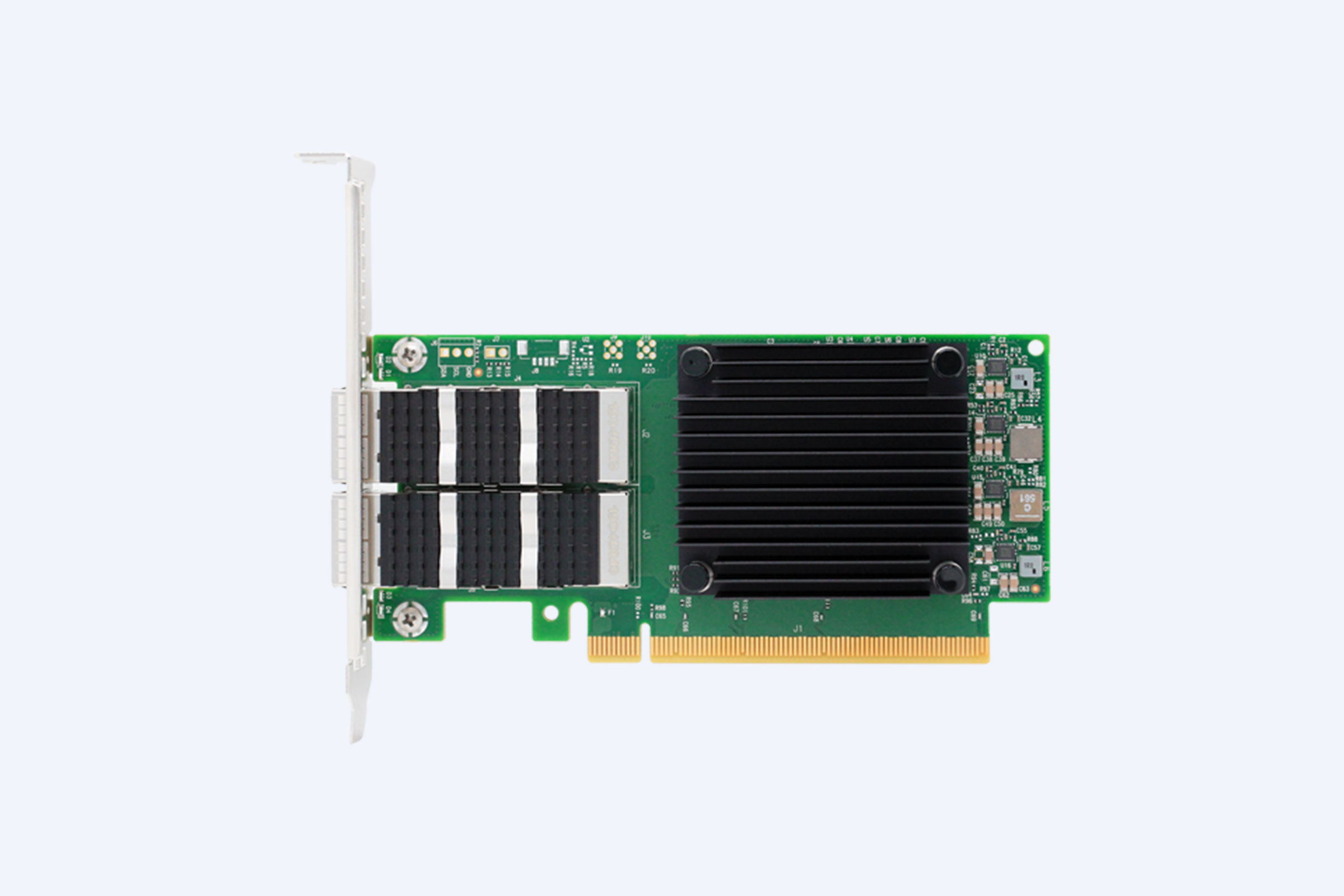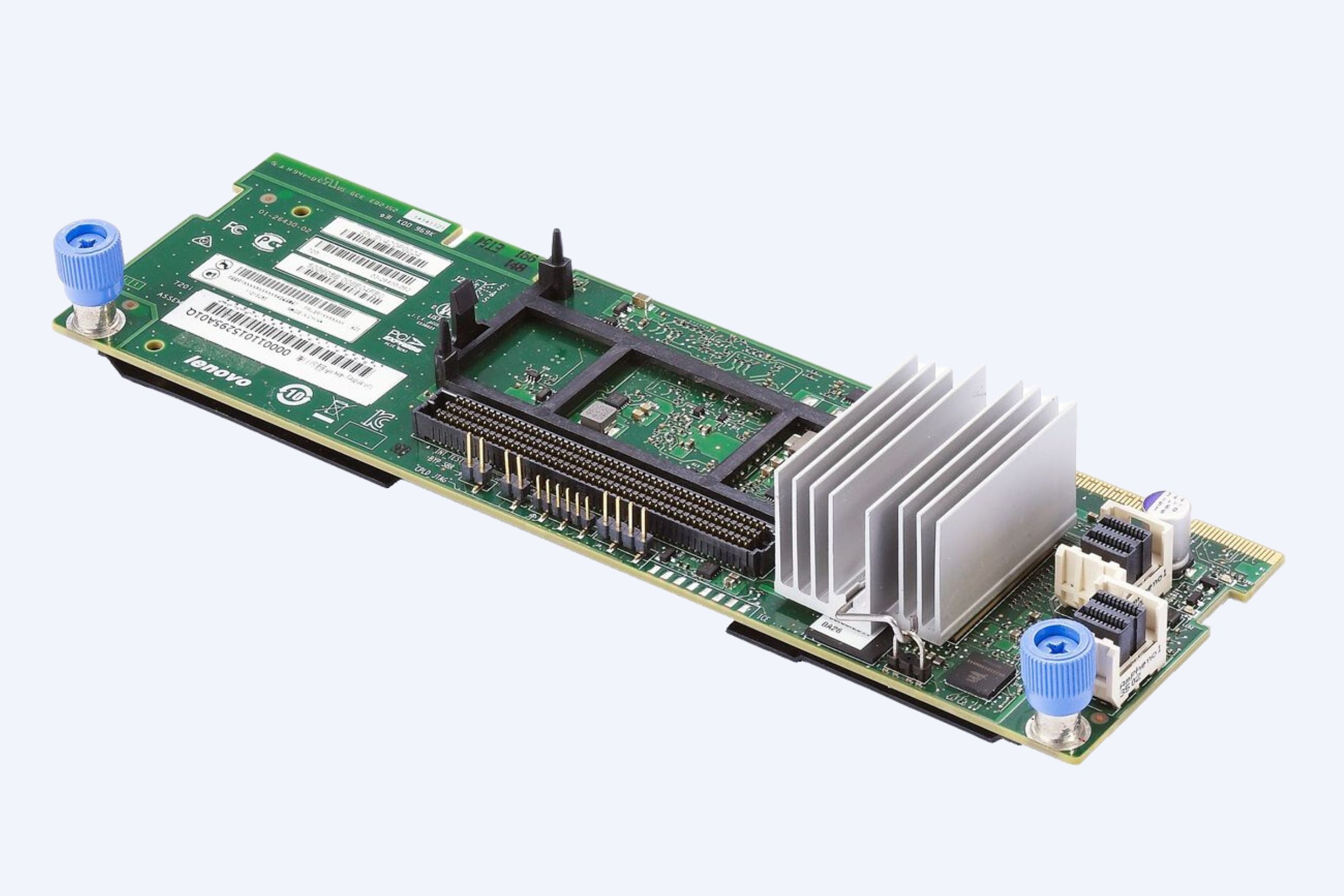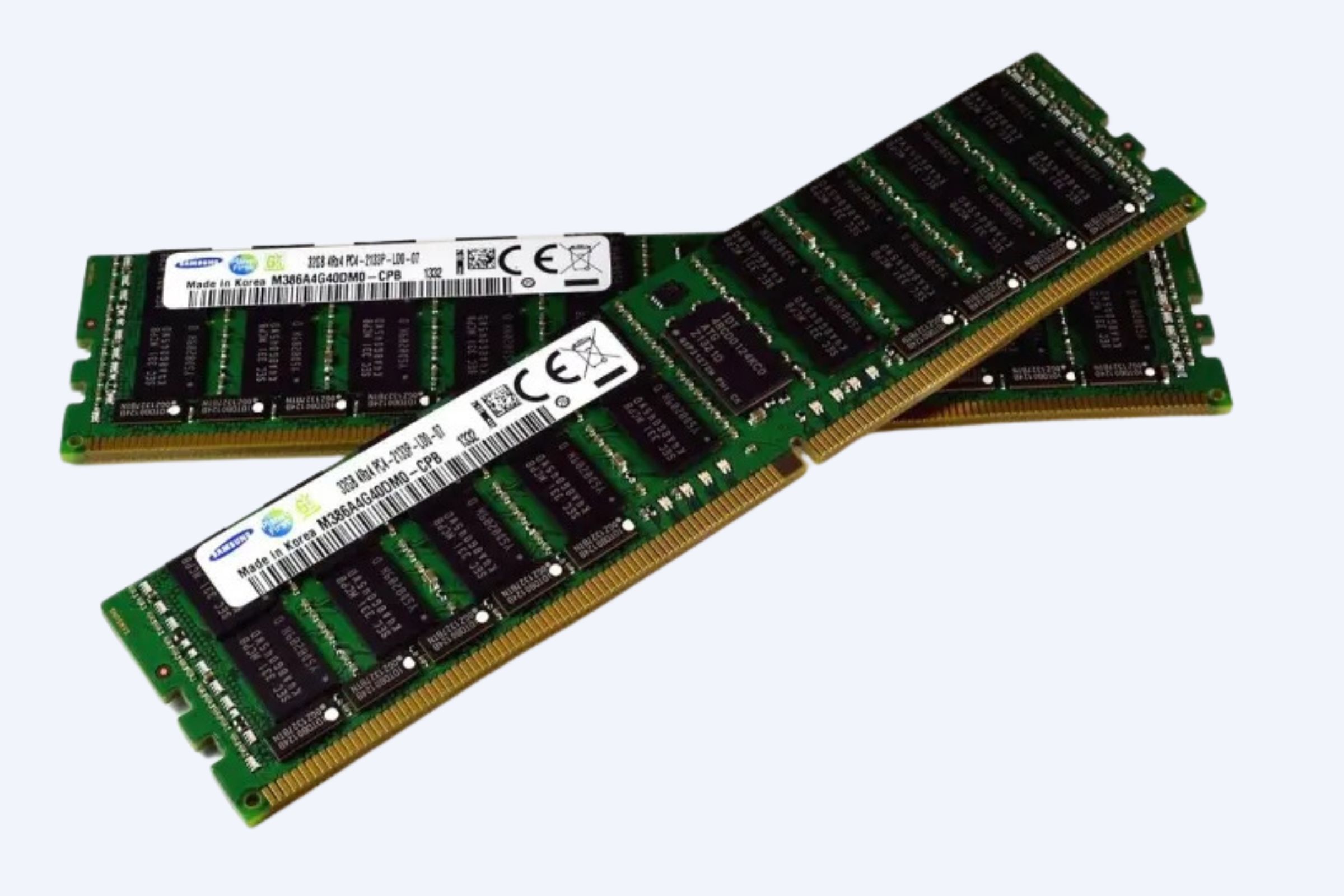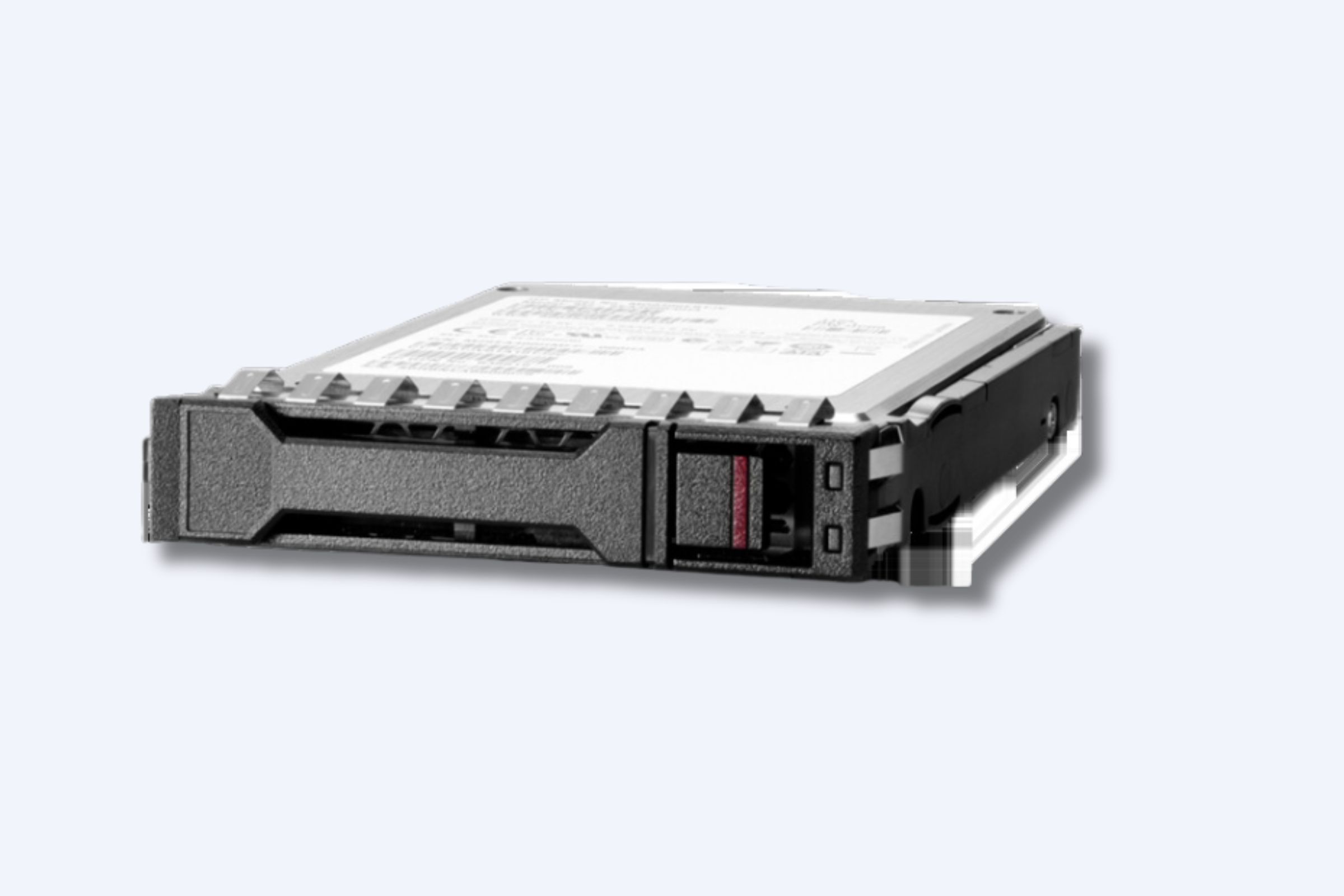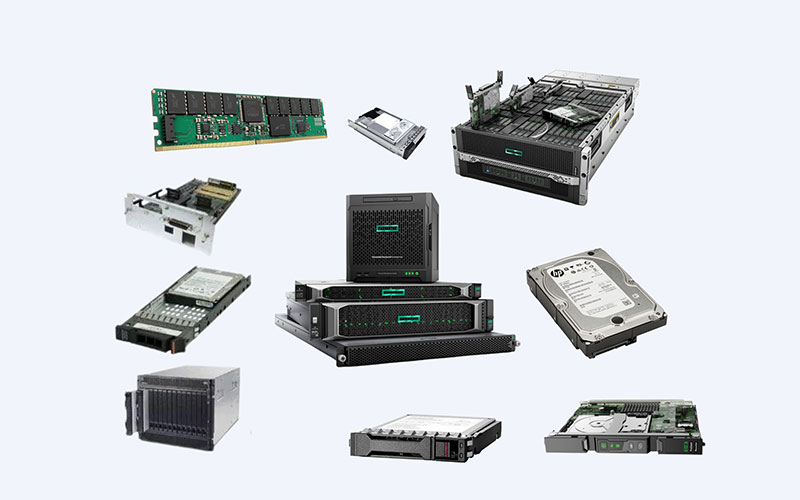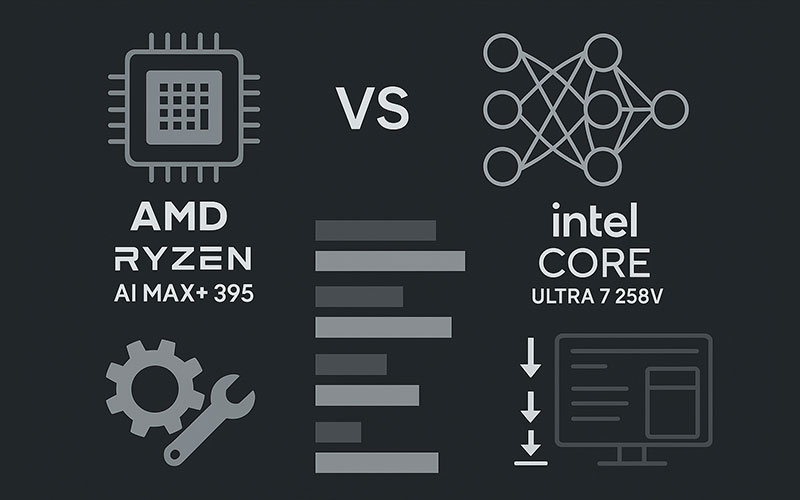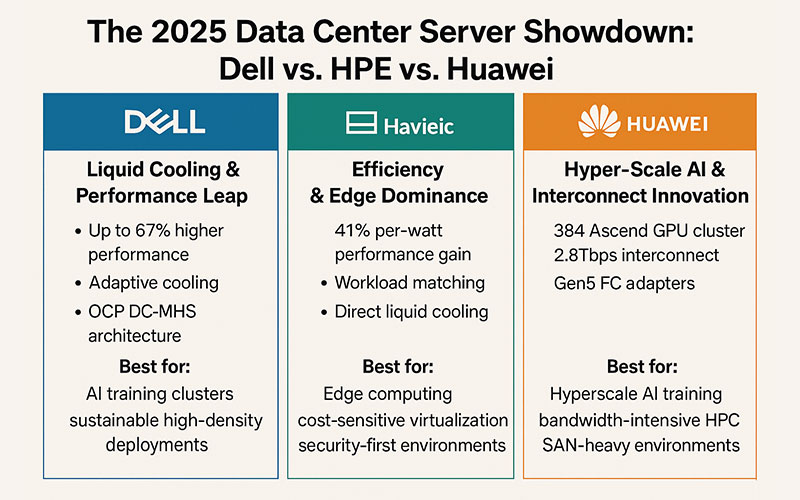Choosing the right server equipment supplier is vital for ensuring operational efficiency, scalability, and business continuity. Among the top-tier vendors, Dell Technologies and Hewlett Packard Enterprise (HPE) are two leading contenders. The following comparison outlines the strengths and differences between the two.
🔍 Comparison Overview
| קָטֵגוֹרִיָה | Dell Technologies | Hewlett Packard Enterprise (HPE) |
|---|---|---|
| Product Lines | PowerEdge (Tower, Rack, Blade, Modular) | ProLiant, Apollo, Synergy |
| Innovation Focus | Simplicity, integrated management, hardware design | Hybrid cloud, composable infrastructure |
| Management Tools | iDRAC, OpenManage Enterprise | iLO, OneView |
| Hybrid Cloud Integration | Moderate (with VMware, APEX) | Strong (GreenLake, OneView, Synergy) |
| Performance | High performance, strong under heavy workloads | High performance, AI-driven optimization |
| Reliability | Durable hardware, stable operation | Predictive analytics, proactive issue resolution |
| Ease of Use | Intuitive management, easy deployment | More complex but highly customizable |
| Support Services | Dell ProSupport: fast response, global presence | HPE Pointnext: strategic consulting, global services |
| Cost (Initial Investment) | Typically lower, ideal for SMBs | Slightly higher upfront |
| Total Cost of Ownership | Competitive | Optimized through efficiency and automation |
📌 Detailed Analysis
1. Product Portfolio
Dell PowerEdge offers a wide selection with strong customization, often favored for general-purpose computing and scalable architecture.
HPE ProLiant and Synergy focus more on composable and hybrid environments, appealing to businesses with edge-to-cloud strategies.
2. Management Tools
Dell iDRAC simplifies lifecycle operations and is user-friendly.
HPE OneView supports infrastructure as code and integrates deeply with hybrid cloud management platforms.
3. Cloud and Hybrid Integration
HPE GreenLake stands out as a leading as-a-service model for on-premises cloud.
Dell APEX offers similar services, though HPE’s solution is often seen as more mature.
4. Support and Services
Dell ProSupport is known for proactive service and swift hardware replacement.
HPE Pointnext excels in end-to-end digital transformation support, including advisory and migration services.
5. Pricing and TCO
Dell offers cost-effective solutions for businesses looking for strong value at the point of purchase.
HPE may require more investment upfront but delivers lower TCO in complex, long-term deployments due to intelligent automation and energy efficiency.
✅ Which to Choose?
| מקרה שימוש | Recommended Vendor |
|---|---|
| SMBs or budget-conscious deployments | Dell Technologies |
| Hybrid or edge-to-cloud architecture | HPE |
| Ease of deployment and management | Dell Technologies |
| Infrastructure-as-code environments | HPE |
| Fast, scalable data center expansion | Both (depending on needs) |
📝 Conclusion
Both Dell and HPE are strong, future-ready options with enterprise-grade hardware and management platforms. The best choice depends on your company’s specific needs:
Choose Dell for simplicity, affordability, and broad compatibility.
Choose HPE for hybrid cloud readiness, automation, and enterprise-grade infrastructure flexibility.
A side-by-side evaluation of your business goals, technical environment, and growth plans will determine the most suitable long-term partner.



